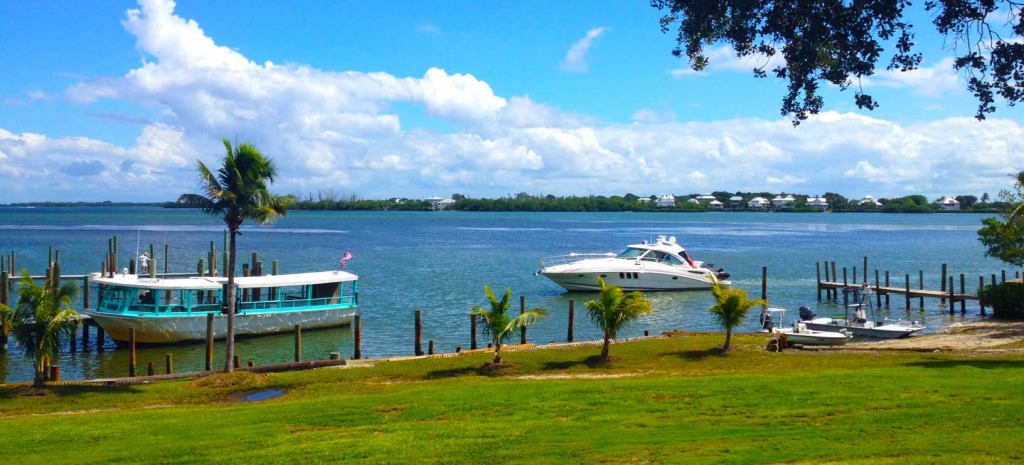Boating Basics

Learning begins with the basics. Master the fundamentals of anything and your ability to advance becomes much easier and firmly rooted.
For boaters, there are four basic areas that provide that foundation. Master these, and you are well on your way to becoming a skilled and responsible boater.
Know your boat and equipment
Certified Coast Guard Captains are required to memorize vessel and engine specification manuals that are hundreds of pages thick. This way, they know their equipment down to the last bolt and, therefore, can confidently bring their crew and boat safely through dangerous situations.
In the same way, knowing your recreational boat boat will bring you similar confidence. Start with your boat’s manual (if you have one). This will be your best guide to the features and design of your boat. It should also contain important information for safe operation and maintenance of the craft. Also, make sure you know how to operate the boat’s electronics. At minimum, you should have a VHF-FM marine radio to contact the Coast Guard in the case of an emergency (Channel 16).
Know your water
Purchase navigation charts of the waterways you travel. Store them on your boat taking care to make sure they are wrapped or stored in plastic so they stay dry and legible. Study them often. Be mindful to learn landmarks, hazards such as submerged objects, and safe channel markers. Know where shallow areas are so you are not running aground. Take the time to go on outings solely for the purpose of learning the area, and use your charts to become more familiar with your local waterways. Apps like this one for Lee County, FL are a great resource and a smart added tool.
Beyond this, knowing how to navigate using a compass, GPS, and a chart will allow you to pinpoint your location and chart a safe course. This will all help you to eventually become a skilled navigator, and expand the limits of where your boat can take you.
Know right from wrong (aka the “Rules of the Road”)
Similar to the rules that govern the safe flow of traffic for road vehicles, there are similar rules to govern the safe maneuvering of boats. Called Coast Guard Navigation Rules, they are also known as “Nav Rules.” Although recreational boaters aren’t required by law to know these rules, it is highly recommended. These rules teach boaters safe boating protocol.
EXAMPLE: Do you know who has the “right of way” when you approach a sailboat under sail power alone?
ANSWER: The sailboat does. You must maneuver your boat to allow the sailboat safe passage.
Boating can become dangerous quickly when boaters don’t know these rules, and it’s not safe to assume you can apply road driving rules to marine situations.
Know your safety regulations
Both the U.S. Coast Guard and local marine law enforcement agencies have the authority to board your boat to ensure your compliance with safety equipment rules and regulations. Depending on size, most vessels are required to have navigation lights, a sound signaling device, emergency flares, and life jackets. The larger the vessel, the greater the requirements. Visit the Coast Guard’s regulation page to learn more about these and make sure you are in compliance.
As you master these four basic areas, consider taking a Coast Guard Auxiliary safety course. It is a small investment of time that can make your time on the water safer and more enjoyable.

